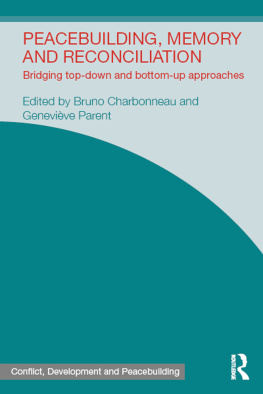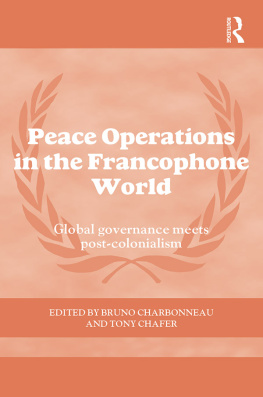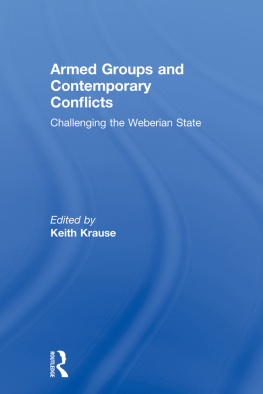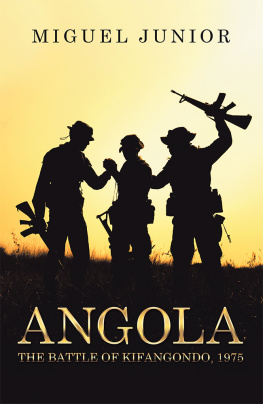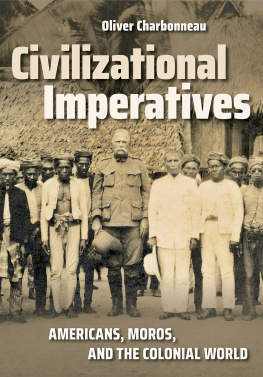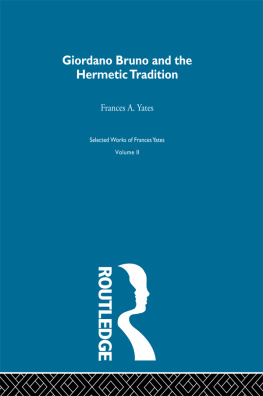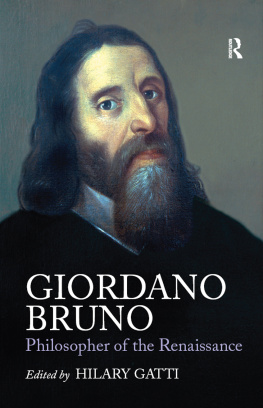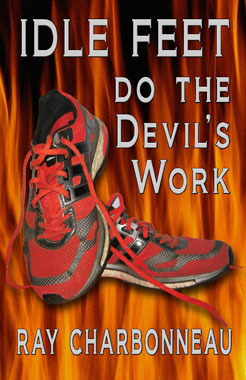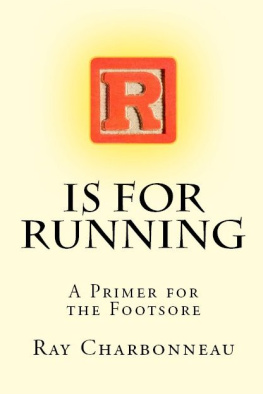Bruno Charbonneau - Comparing Armed Conflicts
Here you can read online Bruno Charbonneau - Comparing Armed Conflicts full text of the book (entire story) in english for free. Download pdf and epub, get meaning, cover and reviews about this ebook. year: 2021, publisher: Taylor & Francis, genre: Politics. Description of the work, (preface) as well as reviews are available. Best literature library LitArk.com created for fans of good reading and offers a wide selection of genres:
Romance novel
Science fiction
Adventure
Detective
Science
History
Home and family
Prose
Art
Politics
Computer
Non-fiction
Religion
Business
Children
Humor
Choose a favorite category and find really read worthwhile books. Enjoy immersion in the world of imagination, feel the emotions of the characters or learn something new for yourself, make an fascinating discovery.

- Book:Comparing Armed Conflicts
- Author:
- Publisher:Taylor & Francis
- Genre:
- Year:2021
- Rating:3 / 5
- Favourites:Add to favourites
- Your mark:
- 60
- 1
- 2
- 3
- 4
- 5
Comparing Armed Conflicts: summary, description and annotation
We offer to read an annotation, description, summary or preface (depends on what the author of the book "Comparing Armed Conflicts" wrote himself). If you haven't found the necessary information about the book — write in the comments, we will try to find it.
Comparing Armed Conflicts — read online for free the complete book (whole text) full work
Below is the text of the book, divided by pages. System saving the place of the last page read, allows you to conveniently read the book "Comparing Armed Conflicts" online for free, without having to search again every time where you left off. Put a bookmark, and you can go to the page where you finished reading at any time.
Font size:
Interval:
Bookmark:
A catalogue record for this book is available from the British Library
ISBN13: 978-1-032-01640-5 (pbk)
ISBN13: 978-1-003-17940-5 (ebk)
by codeMantra
- Power and Comparative Methods: Performing the Worlds of Armed Conflicts
- Bruno Charbonneau and Adam Sandor
- Civil Wars, volume 21, issue 4 (2019) pp. 437447
- The Importance of Context When Comparing Civil Wars
- William Reno
- Civil Wars, volume 21, issue 4 (2019) pp. 448467
- Comparing Conflict-related Sexual Violence: Expertise, Politics and Documentation
- Risn Read
- Civil Wars, volume 21, issue 4 (2019) pp. 468488
- Fanning the Flames or a Troubling Truth? The Politics of Comparison in the Israel-Palestine Conflict
- Mandy Turner
- Civil Wars, volume 21, issue 4 (2019) pp. 489513
- Privileged Sphere of Comparison: Empire, Methods and Conflict Intervention
- Bruno Charbonneau
- Civil Wars, volume 21, issue 4 (2019) pp. 514538
- The Middle East is Violence: On the Limits of Comparative Approaches to the Study of Armed Conflict
- Jacob Mundy
- Civil Wars, volume 21, issue 4 (2019) pp. 539568
- Normative Scaling and Crisis Knowledge: The Problematic Use of Selective Analogies to Compare Conflicts
- Florian P. Khn
- Civil Wars, volume 21, issue 4 (2019) pp. 569593
- Sahelistan? Military Intervention and Patronage Politics in Afghanistan and Mali
- Romain Malejacq and Adam Sandor
- Civil Wars, volume 22, issue 4 (2020) pp. 543566
http://www.tandfonline.com/page/help/permissions
 and Adam Sandor
and Adam SandorThis Special Issue emphasises how power and power relations involved in establishing limits and boundaries to define, categorise and understand the world through comparison are intimately tied to conflict and intervention practices and dynamics. Indeed, when pundits, practitioners, academics and even conflict actors compare settings of armed conflict and intervention, they are participating in an inherently political move. The most off-handed of comments connect to assemblages that enable the production of categories and concepts from which it becomes difficult to think differently. Our comparisons perform worlds of armed conflict, and international interventions more often than not reflect those performances.
Font size:
Interval:
Bookmark:
Similar books «Comparing Armed Conflicts»
Look at similar books to Comparing Armed Conflicts. We have selected literature similar in name and meaning in the hope of providing readers with more options to find new, interesting, not yet read works.
Discussion, reviews of the book Comparing Armed Conflicts and just readers' own opinions. Leave your comments, write what you think about the work, its meaning or the main characters. Specify what exactly you liked and what you didn't like, and why you think so.

